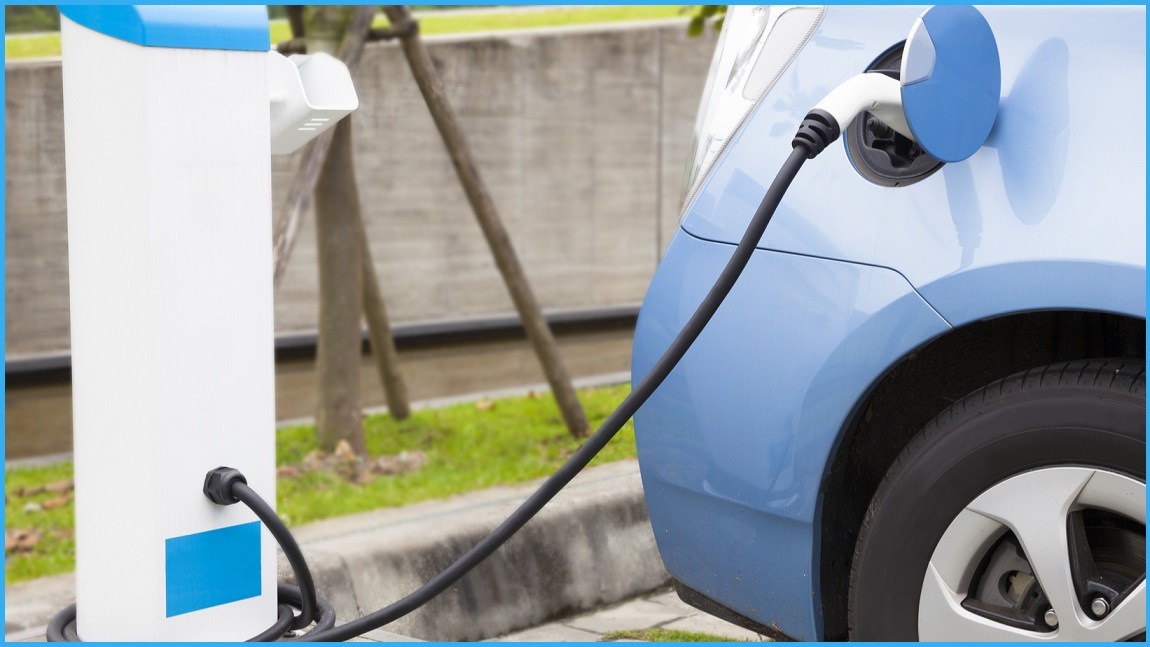The UK government is planning to bring forward a ban on the sale of new petrol and diesel cars to 2035 as the country looks to reach net zero carbon emissions by 2050.
To mark the launch of the next UN Climate Conference COP26, to be held in Scotland later this year, UK Prime Minister Boris Johnson revealed plans to bring forward the ban, which will apply to cars and vans, from 2040 to 2035.
The announcement is in stark contrast to the recent electric vehicles debate in Australia during last year’s federal election, which saw Labor’s commitment to 50 per cent of new car sales being electric by 2030 widely criticised by the Coalition.
The UK government plans to bring the ban forward even earlier if a “faster transition is feasible”, with the move subject to consultation.
The ban will also apply to hybrid vehicles for the first time.
“There can be no greater responsibility than protecting our planet, and no mission that a Global Britain is prouder to serve,” Johnson said.
“2020 must be the year we turn the tide on global warming – it will be the year when we choose a cleaner, greener future for all.
“We have a responsibility to our planet to lead.”
The plan will require a significant shift in Britain, and has already been met with push-back from the automotive industry.
While the sale of battery-powered electric vehicles in Britain last year rose by 144 per cent, they still only made up less than 2 per cent of total sales in the country.
Hybrids, which will also be outlawed under the ban, made up 8 per cent of total vehicle sales in 2019.
The ban was previously slated for 2040 but has been brought forward to help the UK achieve its goal of cutting carbon emissions to net zero by 2050.
The UK has a plan to rapidly grow the electric vehicle industry, transport secretary Grant Shapps said.
“This government’s 1.5 billion-pound strategy to make owning an electric vehicle as easy as possible is working – last year alone, a fully electric car was sold every 15 minutes,” Shapps said.
“We want to go further than ever before. That’s why we are bringing forward our already ambitious target to end the sale of new petrol and diesel cars to tackle climate change and reduce emissions.”
If the ban is brought forward to 2035, it will put the UK ahead of most other countries in terms of electric vehicles targets.
Norway has a plan for all passenger cars and vans sold to be zero-emission vehicles by 2025, while India has a target for all cars sold to be powered by electricity by 2030.
There was a fierce debate surrounding electric vehicle targets during Australia’s federal election last year.
Labor unveiled a target for 50 per cent of new car sales to be electric by 2030.
But this was slammed by the Coalition, with Prime Minister Scott Morrison even claiming that it would “end the weekend” as electric vehicles apparently can’t tow your trailer, a claim that was proven untrue.
This was despite estimates that the government’s own policies would lead to a 25-50 per cent share of electric vehicles in new car sales by 2030, largely in line with Labor’s policies.
The debate followed a Parliamentary report earlier in the year which found that Australia is lagging behind the rest of the world in the area due to a “relative absence of overarching policy direction from Australian governments”, higher costs, concerns over driving range and a lack of recharging infrastructure.










